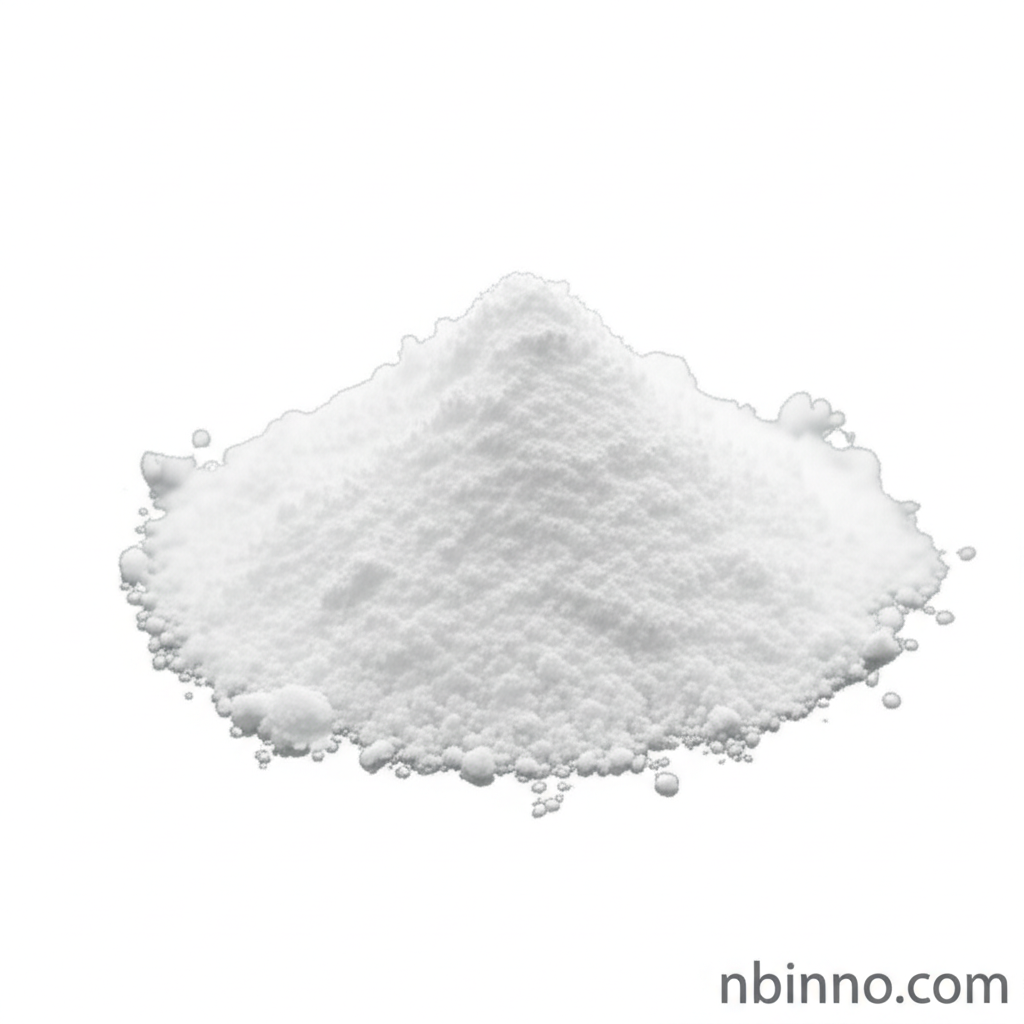Unlock Peptide Synthesis: A Comprehensive Guide to HMBA Linkers
Discover the versatility of HMBA linkers in creating diverse C-terminally modified peptides for advanced research.
Get a Quote & SampleProduct Core Value

HMBA Linker
The HMBA linker is a crucial tool in Solid Phase Peptide Synthesis (SPPS), enabling the efficient and versatile preparation of C-terminally modified peptides. Its unique structure allows for cleavage by a range of nucleophiles, including alcohols, amines, and thiols, leading to the formation of peptide esters, amides, and thioesters respectively. This functionality makes it invaluable for researchers seeking to fine-tune peptide properties for various applications.
- Explore C-terminal peptide modification using the HMBA linker for precise control over peptide functionality.
- Investigate peptide ester amide thioester synthesis, a key application of this versatile linker in chemical research.
- Understand the advantages of HMBA linker in solid phase peptide synthesis, streamlining complex organic synthesis workflows.
- Learn how peptide synthesis linker applications can be expanded through the nucleophilic cleavage capabilities of the HMBA linker.
Key Advantages Offered
Versatile Nucleophilic Cleavage
The HMBA linker's ability to react with alcohols, amines, and thiols supports diverse peptide synthesis linker applications, allowing for the creation of esters, amides, and thioesters with ease.
Enhanced Reactivity
Compared to standard alkyl esters, the HMBA linker demonstrates superior reactivity in transesterification reactions, crucial for efficient solid phase peptide synthesis.
Streamlined Workflow
Facilitating C-terminal modification during the cleavage step, the HMBA linker simplifies the synthesis process, contributing to the efficiency of peptide ester amide thioester synthesis.
Key Applications
Peptide Synthesis
A primary application of the HMBA linker is in solid phase peptide synthesis, enabling the controlled attachment and cleavage of peptides for diverse research needs.
Organic Synthesis
As a vital reagent in organic synthesis, the HMBA linker aids in the construction of complex molecules and intermediates.
Biochemical Research
Researchers in biochemical research utilize the HMBA linker to generate modified peptides for studying biological processes and interactions.
Drug Discovery
The ability to create novel peptide structures with the HMBA linker supports the critical early stages of drug discovery by providing tailored molecular tools.
